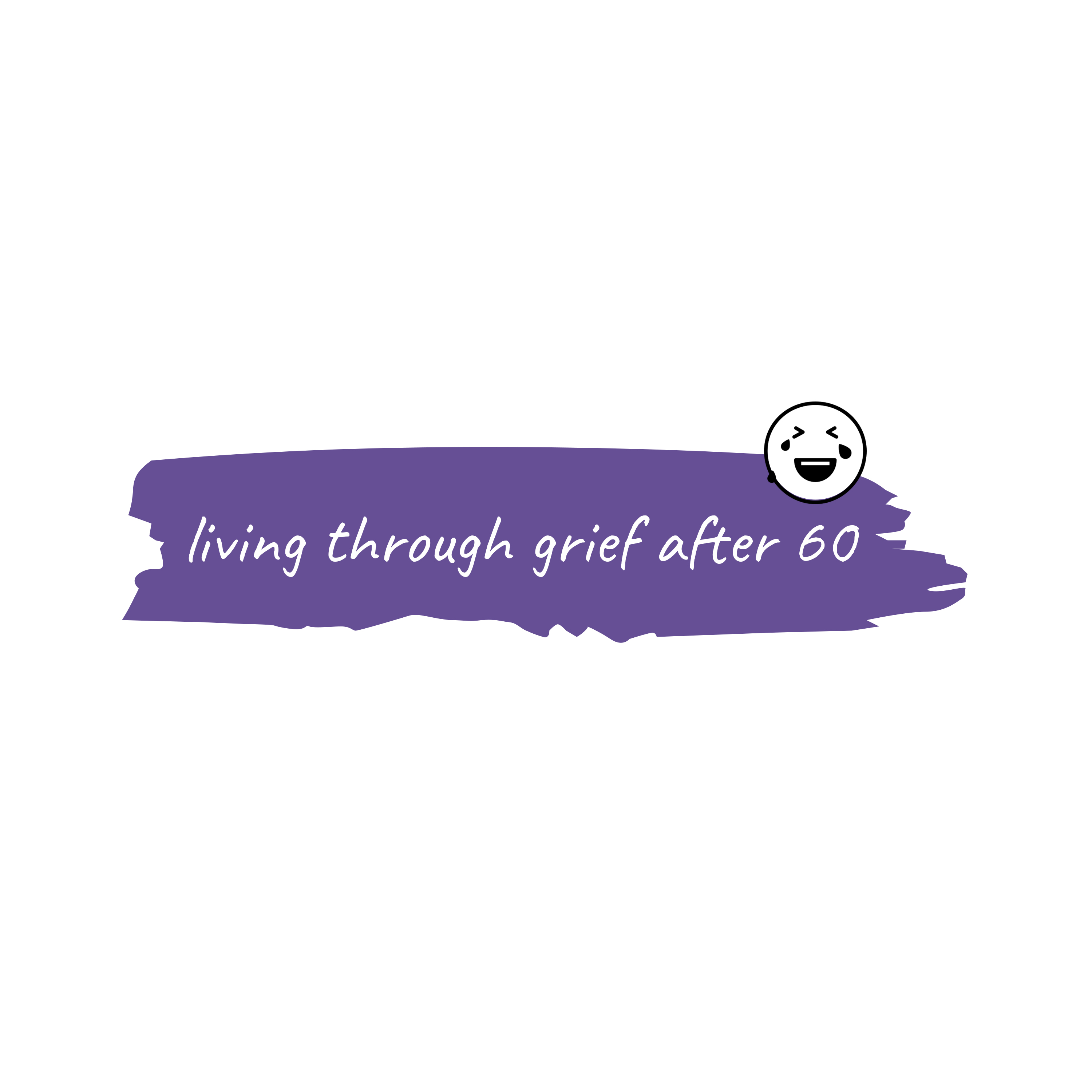This post may contain affiliate links, and I may earn compensation when you click on the links at no additional cost to you.
Relatives Who Lost Children
My grandmother said there is no pain like the death of a child. She outlived her son (and my mother’s brother), Bobby, who was killed in a car accident at age 16. Bobby’s family and friends mourned his loss. One friend observed that Bobby was too good for this world.
My Aunt June lost her only daughter, Cindy, to lupus in 1962. June still misses Cindy to this day, and once said she died from lupus. Her parents and brothers prefer to remember Cindy as an active young girl instead of the sick child they lost too soon. My paternal grandmother, June’s mother, lost her son at age 59 after a long illness.
Friends Who Lost Children
A neighbor lost her son at age 18 in a car accident three months after graduating from high school. One of his sisters eventually had a son who is the spitting image of Mike. The grandson is a constant reminder to his grandmother of Mike, and to all who knew him.
Mike’s funeral was the most difficult funeral I had attended up to that time. Both of his parents were sad at the death of their only son. His father passed away four years later. Mike’s mother will remember him on the 40th anniversary of his death in September. She will always miss him until her death.
While grief is the one human experience everyone shares, “we didn’t expect it to be the death of a child”, Sandy Peckinpah writing for Huffington Post in 2016 noted. Healing doesn’t have a certain timetable, because “time doesn’t fix this kind of loss”, Peckinpah added.
Loss of Infant Children
My aunt lost 2 children in childbirth in the mid-1960s. My aunt and uncle were never asked about the pain of losing their children. The less the grieving parents had to speak about their loss, the better, if it helped lessen their pain. Did not talking about losing their child make my aunt and uncle heal? I don’t think I’ll ever really know.
My paternal grandmother lost a child in infancy in the 1940s. It is something she never talked about. Her family was raised to never talk about losing a child. One of my sisters and my sister-in-law also lost children at birth. While my sister eventually gave birth to a daughter, my sister-in-law never got pregnant again. They never spoke openly about losing their unborn child.
A Child’s Death as Secondary Loss
A child’s death is secondary grief. Families and friends will never stop wondering “What if” the child had lived to adulthood. Seniors over 60 (and younger) who lost children will miss them until their own deaths. The loss of a young child leaves a huge emptiness in their families because the child’s parents are deeply involved in the child’s life, Cancer.net found in 2018. An adolescent’s death is difficult because they “are beginning to reach their potential”; when an adult child dies, the parents not only lose a “source of emotional and practical support”, but also someone who has become a friend, and their grandchild’s parent, Cancer.net continues. A child’s family will always feel their loss deeply, whether that child was 5 or 55 when they died.
Deceased Children Are Never Forgotten
A parent will never really get over the void the child’s loss leaves the family no matter how much time has passed. The only guarantee about grief is that the remaining family members will not feel the same way about the loss as time goes on as they do when it occurs, Nora McInerny observed at a TED conference in 2019.
A child’s loss leaves a void that cannot be erased by the presence of other children. A new baby in the family is still an addition to the family, even if a child hadn’t died before the baby was born. A family continues to carry their memories of the child with them as they move forward in life, McInerny continued.
A Child’s Loss Affects Families
My mom likes to say that the six of us are different. My grandmothers believed that about their families, and so did my aunt and neighbor. They would agree that their families were never the same again after their loved ones passed away. “We are shaped by the people we love, and we are shaped by their loss”, McInerny noted.
How Loved Ones Can Help Families Heal
Beyond Tears: Living After Losing a Child, Revised Edition is recommended reading for people who have lost a child. Well meaning relatives and friends should never tell grieving parents, “at least you have your other children”. A family never “gets over” the death of a child. A deceased child will never be forgotten by their family and friends, and will always be missed. The child will always be part of the family in spirit, if not physically.

